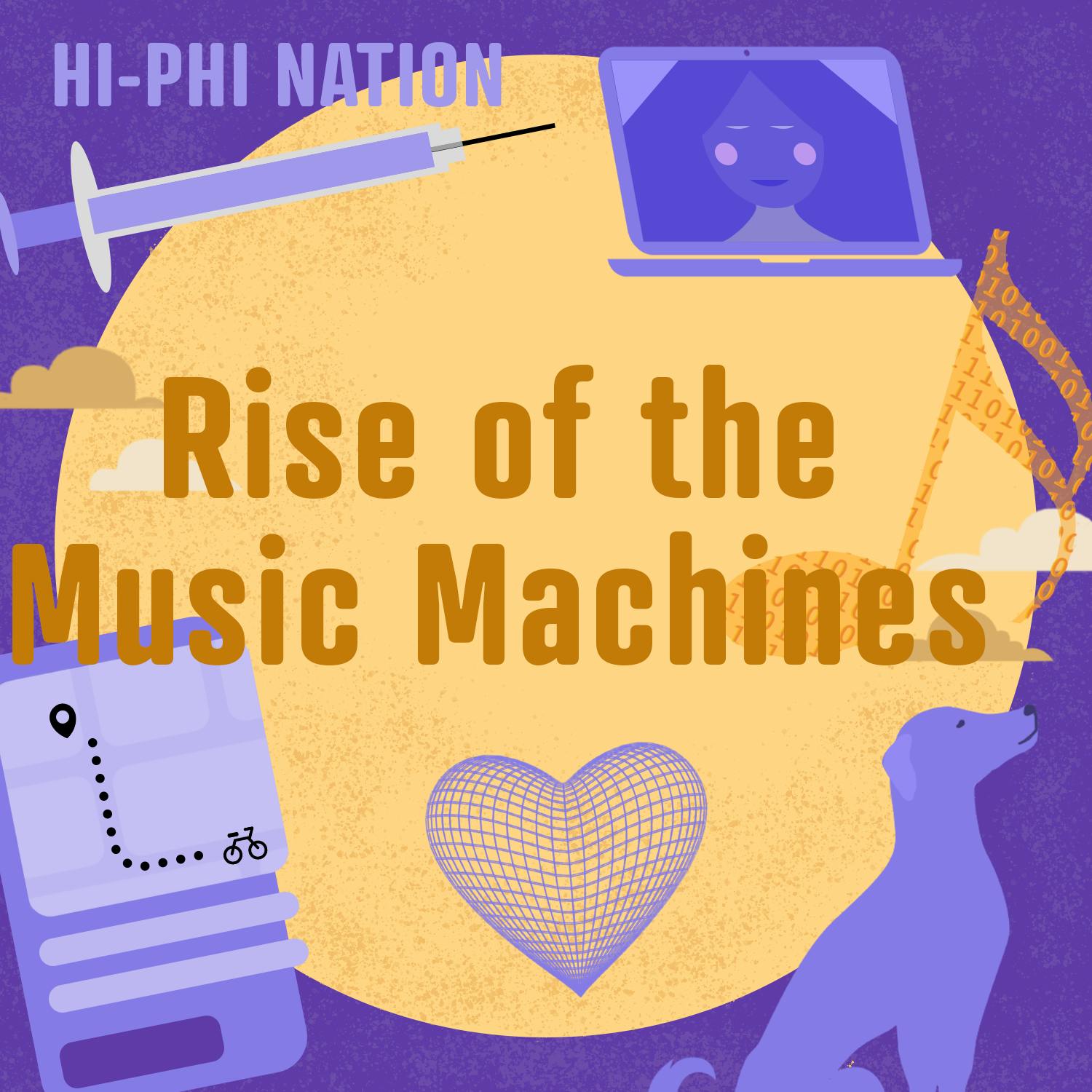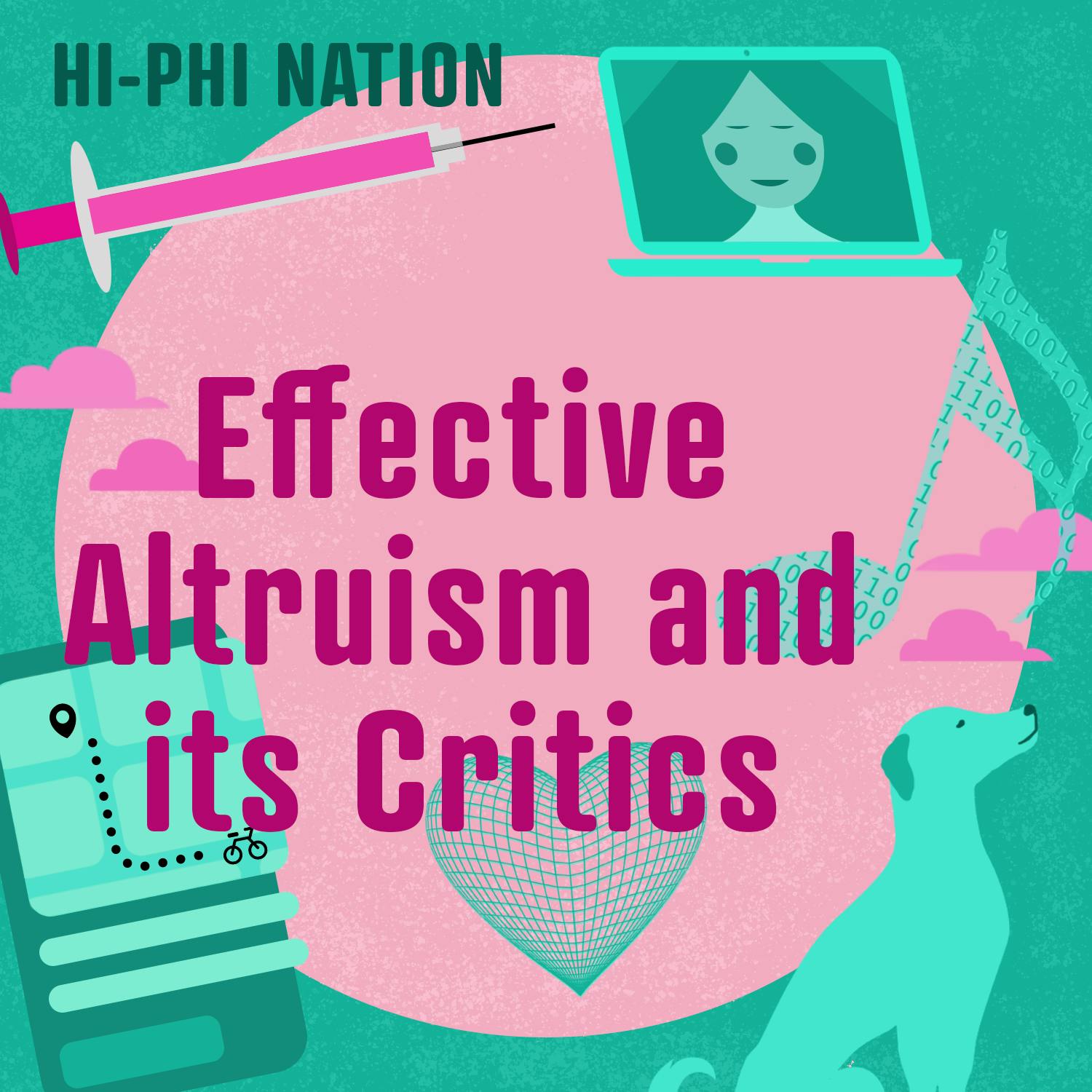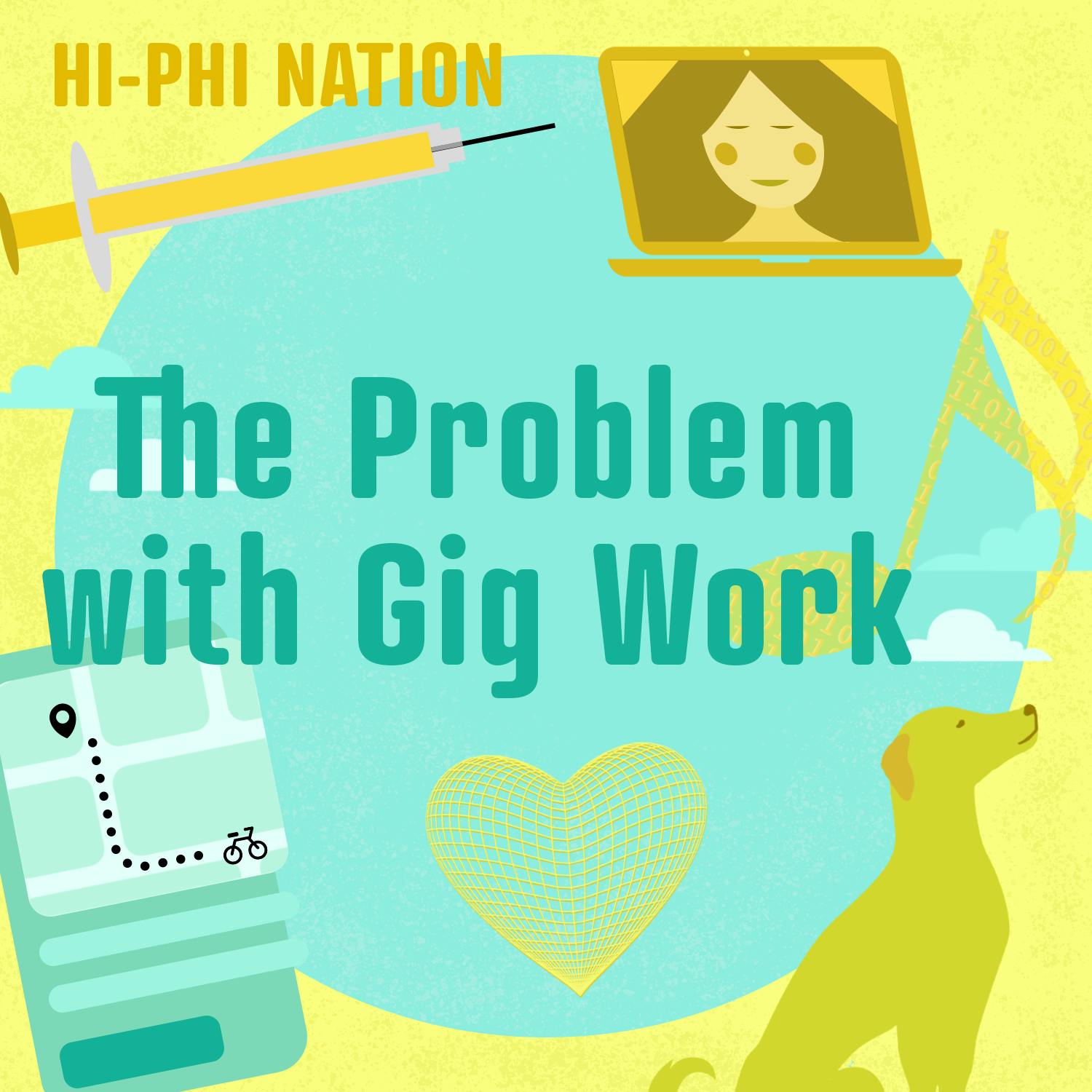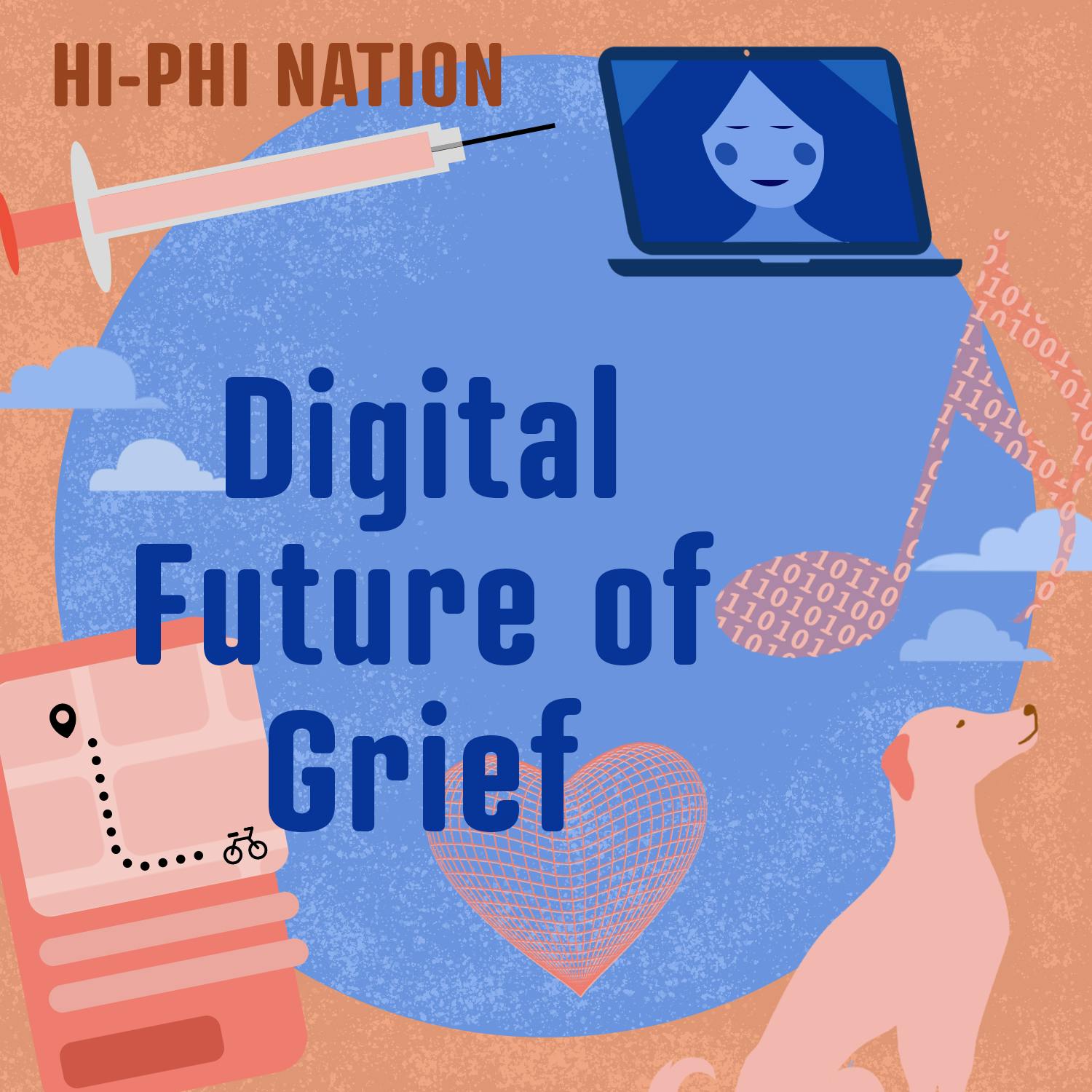Discover Slate Business
Slate Business

484 Episodes
Reverse
In March 1990, a story broke that shocked the nation: George H.W. Bush had banned broccoli from Air Force One. The frenzy that came next would change the fate of a vegetable—and maybe even alter the course of a presidency.
This episode was written by Olivia Briley and Josh Levin, One Year’s editorial director. One Year’s senior producer is Evan Chung.
This episode was produced by Olivia Briley and Kelly Jones.
It was edited by Joel Meyer and Evan Chung.
Derek John is Slate’s executive producer of narrative podcasts.
Merritt Jacob is senior technical director.
Join Slate Plus to get a special behind-the-scenes conversation at the end of our season about how we put together our 1990 stories. Slate Plus members also get to listen to all Slate podcasts without any ads.
Learn more about your ad choices. Visit megaphone.fm/adchoices
A middle-aged single dad in Chicago was outraged by all the cigarette billboards popping up in Black communities. In 1990, he picked up a paint roller and became an anti-tobacco vigilante. And he did it all under a secret identity.
This episode was written by Josh Levin, One Year’s editorial director. One Year’s senior producer is Evan Chung.
This episode was produced by Kelly Jones, Olivia Briley, and Evan Chung. It was edited by Joel Meyer and Derek John, Slate’s executive producer of narrative podcasts.
Merritt Jacob is our senior technical director. We had mixing help from Kevin Bendis.
Join Slate Plus to get a special behind-the-scenes conversation at the end of our season about how we put together our 1990 stories. Slate Plus members also get to listen to all Slate podcasts without any ads.
Learn more about your ad choices. Visit megaphone.fm/adchoices
On this show we explore three different AI and machine-generated music technologies; vocal emulators that allow you to deep fake a singer or rapper’s voice, AI-generated compositions and text-to-music generators like Google Music LM and Open AI’s Jukebox, and musical improvisation technologies. We listen to the variety of music these technologies generate, and two guitarists face off against an AI in improvised guitar solos.
Along the way, we talk to philosophers of music Robin James and Theodore Gracyk about what musical creativity is and whether machines are more or less creative than human musicians, and Barry gives his take on each of the technologies and what they mean for the future of musical creativity.
Learn more about your ad choices. Visit megaphone.fm/adchoices
Curtis is setting aside a large chunk of money to donate to charity, and it is up to us to persuade him where he should donate it. Luckily, philosophers, economists, and the nonprofit world have been thinking a lot about this issue in recent years. On this episode, effective altruism’s defenders and critics try to persuade Curtis of where he should donate. Who is the most effective in persuading an ordinary person as to the right way to donate to charity? And do the recent scandals involving effective altruism’s biggest donor implicate its philosophical foundations?
We start with arguments that you should always try to save the most lives possible, no matter where they are on the planet. We then hear a critic of that view, who argues that local giving can also be a good. We then turn to the view that we should save humans from extinction from threats like pandemics, nuclear war, and AI takeover. And finally, we hear from a critic of that view, who says we should not blow future risks out of proportion.
Guests include philosophers Richard Yetter-Chappell (Miami), Savannah Pearlman (Indiana), Shakeel Hashim (Center for Effective Altruism), and Seth Lazar (Australia National University).
Learn more about your ad choices. Visit megaphone.fm/adchoices
Willy and Heidi were both gig workers for Shipt, the fast-delivery app for groceries or same-day shopping. In 2020, they both realised: the pay algorithm had changed. Now, they couldn’t tell what a job would pay, or whether it would earn or lose them money. Instead of just taking it, they decided to fight back.
In the gig economy, companies like Shipt, Instacart, and UberEats all use black box pay algorithms to try and get workers to accept gigs but hide information from them to do so. Early in the pandemic, a rag tag group of gig workers tried to resist, and found someone at MIT to help them.
Host Barry Lam talks to them about the steps they took, and political philosopher Daniel Halliday (University of Melbourne) talks about the differences between wage labor and freelance labor and why he thinks the biggest gig economy companies are morally suspect. Then, we talk the future of regulation and worker-owned apps and delivery platforms.
Guests include Drew Ambrogi (coworker.org), Dan Calacci (MIT). This is an in-depth, longform version of a story originally done for WNYC studio’s Radiolab in their Gigaverse episode.
Learn more about your ad choices. Visit megaphone.fm/adchoices
When Justin’s mom was diagnosed with cancer, he knew he wanted to keep talking to her after she died. So together they made an AI version of her, training it on her speech patterns and memories. Now he is scaling his findings so that anyone can continue their relationships with loved ones after their deaths. Justin even believes this can one day lead to digital immortality.
Grief experts are only now dealing with bereaved people who create digital versions of their loved ones. We look at what they say about the phenomenon, and what philosophers think about whether the best AI version of a person can actually be them.
Co-produced with Alexandra Salmon, guests include Justin Harrison, CEO of You, Only Virtual, Dr. Mary-Frances O’Connor, and Dr. Debra Bassett.
Learn more about your ad choices. Visit megaphone.fm/adchoices
At the beginning of World War II, the greatest threat to the American war effort wasn’t the Nazis or the Japanese—it was runaway inflation. The man in charge of stopping it was the country’s “price czar,” Leon Henderson. In 1942, he controlled how much coffee ordinary people could drink and how many tires they could buy. Those rules made him a nationwide villain. But would they save the country?
One Year is produced by Evan Chung, Sophie Summergrad, Sam Kim, and Josh Levin.
Derek John is senior supervising producer of narrative podcasts and Merritt Jacob is senior technical director.
Slate Plus members get to hear more about the making of One Year. Get access to extra episodes, listen to the show without any ads, and support One Year by signing up for Slate Plus for just $15 for your first three months.
Learn more about your ad choices. Visit megaphone.fm/adchoices
The ability to choose the sex of your child through IVF is banned in most of the world. In America, however, parents can—and do—for a price.
Guest: Emi Nietfeld, writer and software engineer, author of “The Parents Who Want Daughters—and Daughters Only” for Slate.
Want more What Next TBD? Subscribe to Slate Plus to access ad-free listening to the whole What Next family and all your favorite Slate podcasts. Subscribe today on Apple Podcasts by clicking “Try Free” at the top of our show page. Sign up now at slate.com/whatnextplus to get access wherever you listen.
Learn more about your ad choices. Visit megaphone.fm/adchoices
This week, Felix Salmon, Emily Peck, and Elizabeth Spiers are joined by legal scholar Mehrsa Baradaran, author of The Quiet Coup: Neoliberalism and the Looting of America. Mehrsa explains the roots of the neoliberalism movement and how the myth of free market made the American economy more oppressive, especially against black and brown people. Also: A misogynistic party culture has been revealed at the FDIC, and small banks are feeling the economic pinch. In the Plus segment: The California wildfires weren’t caused by Jewish space lasers — but there was malfeasance behind the scenes.
If you enjoy this show, please consider signing up for Slate Plus. Slate Plus members get an ad-free experience across the network and an additional segment of our regular show every week. You’ll also be supporting the work we do here on Slate Money. Sign up now at slate.com/moneyplus to help support our work.
Podcast production by Jared Downing and Cheyna Roth.
Learn more about your ad choices. Visit megaphone.fm/adchoices
You might not know Brad Parscale by name, but you know his work: he was the digital campaign operative behind Donald Trump’s 2016 presidential victory. This election cycle, he’s back—and advising conservatives on how to utilize A.I. in their campaigns.
Guest: Garance Burke, global investigative journalist for the Associated Press.
Want more What Next TBD? Subscribe to Slate Plus to access ad-free listening to the whole What Next family and all your favorite Slate podcasts. Subscribe today on Apple Podcasts by clicking “Try Free” at the top of our show page. Sign up now at slate.com/whatnextplus to get access wherever you listen.
Podcast production by Evan Campbell, Patrick Fort, Cheyna Roth and Anna Phillips.
Learn more about your ad choices. Visit megaphone.fm/adchoices
The California Journalism Preservation Act would make companies like Google and Meta pay publishers for the news content appearing in their feeds and search results—and force news organizations to spend that money on their journalists. How have similar laws worked in Canada and Australia? And could it solve journalism’s on-going revenue problem?
Guest: Matt Pearce, former LA Times journalist, the president of Media Guild of the West.
Want more What Next TBD? Subscribe to Slate Plus to access ad-free listening to the whole What Next family and all your favorite Slate podcasts. Subscribe today on Apple Podcasts by clicking “Try Free” at the top of our show page. Sign up now at slate.com/whatnextplus to get access wherever you listen.
Learn more about your ad choices. Visit megaphone.fm/adchoices
This week: A new DEA designation for cannabis means high times for pot smokers, but what about the industry? Felix Salmon, Emily Peck, and Elizabeth Spiers discuss the future of the cannabis business, Binance founder Changpeng “CZ” Zhao’s lax, four-month prison sentence, and why Americans keep buying more cheap junk (but spend fortunes on ravioli). In the Plus segment: Elon Musk fired Tesla’s Supercharger network team: a bold move, or just a dumb one?
If you enjoy this show, please consider signing up for Slate Plus. Slate Plus members get an ad-free experience across the network and an additional segment of our regular show every week. You’ll also be supporting the work we do here on Slate Money. Sign up now at slate.com/moneyplus to help support our work.
Podcast production by Jared Downing and Cheyna Roth.
Learn more about your ad choices. Visit megaphone.fm/adchoices
Bird flu isn’t new, you may even remember past outbreaks. But showing up in milk?
Is America ready if it leaps to spreading among humans?
Guest: Katelyn Jetelina, epidemiologist, senior advisor to the CDC
Want more What Next TBD? Subscribe to Slate Plus to access ad-free listening to the whole What Next family and all your favorite Slate podcasts. Subscribe today on Apple Podcasts by clicking “Try Free” at the top of our show page. Sign up now at slate.com/whatnextplus to get access wherever you listen.
Learn more about your ad choices. Visit megaphone.fm/adchoices
It’s not that we aren’t making progress slowing our carbon and greenhouse gas emissions; it’s just that we still may not be doing enough—fast enough—to avert catastrophe.
Guest: Umair Irfan, correspondent at Vox writing about climate change, Covid-19, and energy policy.
Want more What Next? Subscribe to Slate Plus to access ad-free listening to the whole What Next family and across all your favorite Slate podcasts. Subscribe today on Apple Podcasts by clicking “Try Free” at the top of our show page. Sign up now at slate.com/whatnextplus to get access wherever you listen.
Learn more about your ad choices. Visit megaphone.fm/adchoices
Who hasn’t received necessary medical care and got a shockingly high bill for it weeks later?
Even with insurance, many Americans will experience this at some point–including one of the most recognizable doctors in the country: the U.S. surgeon general.
Earlier this year, Dr. Jerome Adams – who served as surgeon general for the Trump Administration – received a bill of nearly $5,000 after being treated for dehydration. What was his strategy for fighting it?
On this week’s episode of Well, Now: How to fight back when you receive a surprising medical bill.
If you liked this episode, check out: Ending Racism in Healthcare
Podcast production by Vic Whitley-Berry with editorial oversight by Alicia Montgomery.
Send your comments and recommendations on what to cover to wellnow@slate.com
Learn more about your ad choices. Visit megaphone.fm/adchoices
Rachelle Hampton and Candice Lim walk through the drama surrounding Foxtrot, an upscale cafe and mini market that abruptly closed all of its locations on April 23. Despite its popularity and over $100 million raised, Foxtrot’s sudden shutdown shocked employees and devoted customers who expressed their outrage and sadness on TikTok. Then, they discuss the rumors surrounding Outdoor Voices, the exercise clothing brand that was everywhere, until it wasn’t. But first, they debate this year’s song of the summer.
This podcast is produced by Se’era Spragley Ricks, Daisy Rosario, Candice Lim and Rachelle Hampton.
Learn more about your ad choices. Visit megaphone.fm/adchoices
Too busy running the rat race to…run? Former Wall Street Journal fitness columnist Jen Murphy has some advice. She chats with host Emily Peck about making time for diet and exercise and the value of investing in your health at any age and stage of life.
If you enjoy this show, please consider signing up for Slate Plus. Slate Plus members get an ad-free experience across the network and an additional segment of our regular show every week. You’ll also be supporting the work we do here on Slate Money. Sign up now at slate.com/moneyplus to help support our work.
Podcast production by Jared Downing and Cheyna Roth.
Learn more about your ad choices. Visit megaphone.fm/adchoices
This week: a reservation at Carbone New York may cost a thousand dollars, but you’ve always got a table at Slate Money! Felix Salmon, Emily Peck, and Elizabeth Spiers discuss restaurant reservation resellers, the FTC’s new non-compete clause ban, and Biden’s rules for airline fees that make getting refunds easier than ever. In the Plus segment: After sell-or-be-banned legislation, is it the end for TikTok in America?
If you enjoy this show, please consider signing up for Slate Plus. Slate Plus members get an ad-free experience across the network and an additional segment of our regular show every week. You’ll also be supporting the work we do here on Slate Money. Sign up now at slate.com/moneyplus to help support our work.
Podcast production by Jared Downing and Cheyna Roth.
Learn more about your ad choices. Visit megaphone.fm/adchoices
The TikTok ban that has been floating around Washington since the last administration has been signed into law. What does that mean for users, creators and the court battles ahead?
Guest:
Louise Matsakis, reporter covering tech and China.
Dillon White, TikToker under the handle @dadchats
Want more What Next TBD? Subscribe to Slate Plus to access ad-free listening to the whole What Next family and all your favorite Slate podcasts. Subscribe today on Apple Podcasts by clicking “Try Free” at the top of our show page. Sign up now at slate.com/whatnextplus to get access wherever you listen.
Learn more about your ad choices. Visit megaphone.fm/adchoices
On today’s episode, Steffi Cao explains Roblox to Rachelle. Cao, a culture writer with bylines at The Atlantic, Fast Company, Forbes, BuzzFeed and more, recently wrote about Roblox’s new attempt to venture outside of kids’ gaming.
This podcast is produced by Se’era Spragley Ricks, Daisy Rosario, Candice Lim and Rachelle Hampton.
Learn more about your ad choices. Visit megaphone.fm/adchoices












I'm waiting for the next episode, when do you release it?
At the time disaster capitalism is murdering people, you should be ashamed of your neoliberal flavor of the month. Be gone.